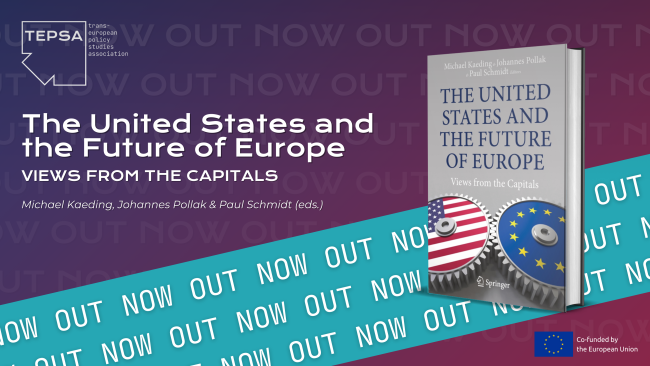Between aging and migrations: the difficult German equation

The decision of German Chancellor Angela Merkel to welcome over one million refugees in the years 2015 and 2016 had been interpreted by some to be a strategic choice to cope with the demographic problems that Germany is facing: the expected decline in the population, especially in its work force, as well an ageing population.
However, the present study shows that immigration cannot bring an end to the ageing process that Germany has been experiencing for decades. And it is only part of the solution to labour shortage. While the shortage in German labour is mostly in intermediate to highly skilled workers, refugees primarily fall into the unskilled labour category.
Consequently, the mass influx of refugees is neither in the short nor the medium term a response to Germany’s demographic issues. Nevertheless, this does not prevent the government from increasing efforts to integrate the newly arrived into the work force in order to avoid past mistakes and facilitate economic and social integration of the refugees.
Anne Salles is Lecturer at Paris Sorbonne University, Member of SIRICE Joint Research Unit (Sorbonne-Identities, International Relations and Civilizations of Europe) and Associate Researcher at National Institute for Demographic Studies (INED).
This paper is published in French only - Anne Salles, « Entre vieillissement et migrations : la difficile équation allemande », Notes du Cerfa, n° 138, Ifri, juin 2017.
Related centers and programs
Discover our other research centers and programsFind out more
Discover all our analysesFrance, the U.S. Oldest and Most Complicated Ally: A Stubborn Defender of a Truly European Industrial and Defence Policy
France, the U.S.’ oldest ally, is also the EU country which most stubbornly defends genuinely European industrial and defence policies. It calls for ‘strategic autonomy’ in all political domains, a position increasingly difficult to hold against a hardening international climate.
The Franco-German Brigade and the Revival of European Defense
One thing has been clear since Donald Trump's return to the White House: the very existence of the European unification project is threatened. Unless it develops a sovereign defense policy to counter the war in Ukraine and the weakening of American security guarantees, the European Union will continue to see its internal cohesion and external attractiveness wane.
Friedrich Merz and the Zeitenwende 2.0. A “New Era” for Transatlantic Relations?
On February 23, 2025, almost 60 million voters were called upon to elect a new Bundestag. These elections will also give rise to a new government in Europe's largest economy.
After the Elections: Germany in Search of Shaken Stability?
With a voter turnout of 82.5%, Germany recorded its highest participation since 1987—an increase of 6.1 percentage points compared to 2021. As in the previous election, the high turnout particularly benefited the Alternative for Germany (AfD), which was able to mobilize many former non-voters. Many voters sought to punish the outgoing government with their ballots, as its approval rating had dropped to just 14% before the coalition broke apart in November 2024. Germany is now very likely heading toward a grand coalition between the CDU/CSU and the SPD, with exploratory talks having begun on February 28.









